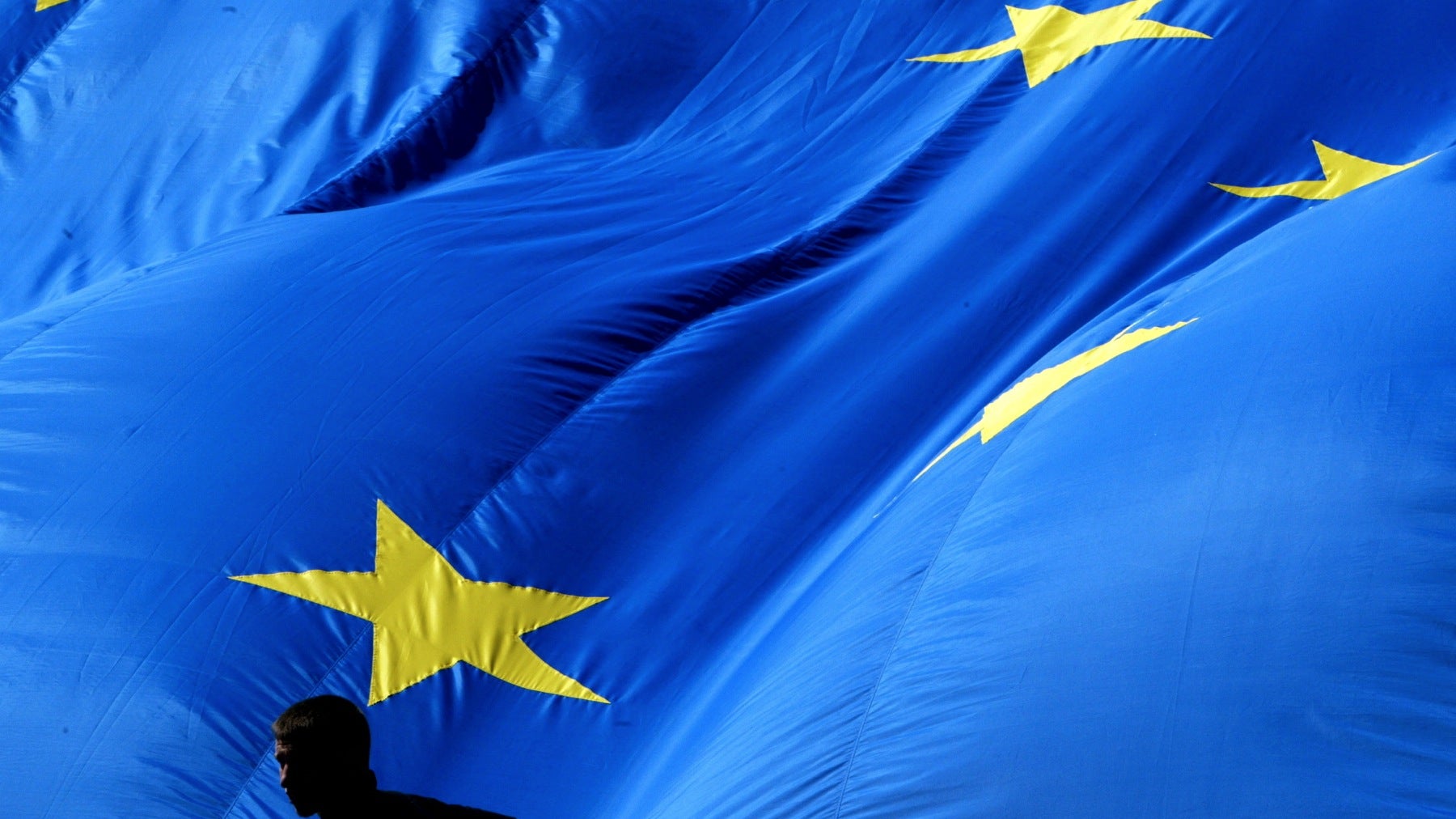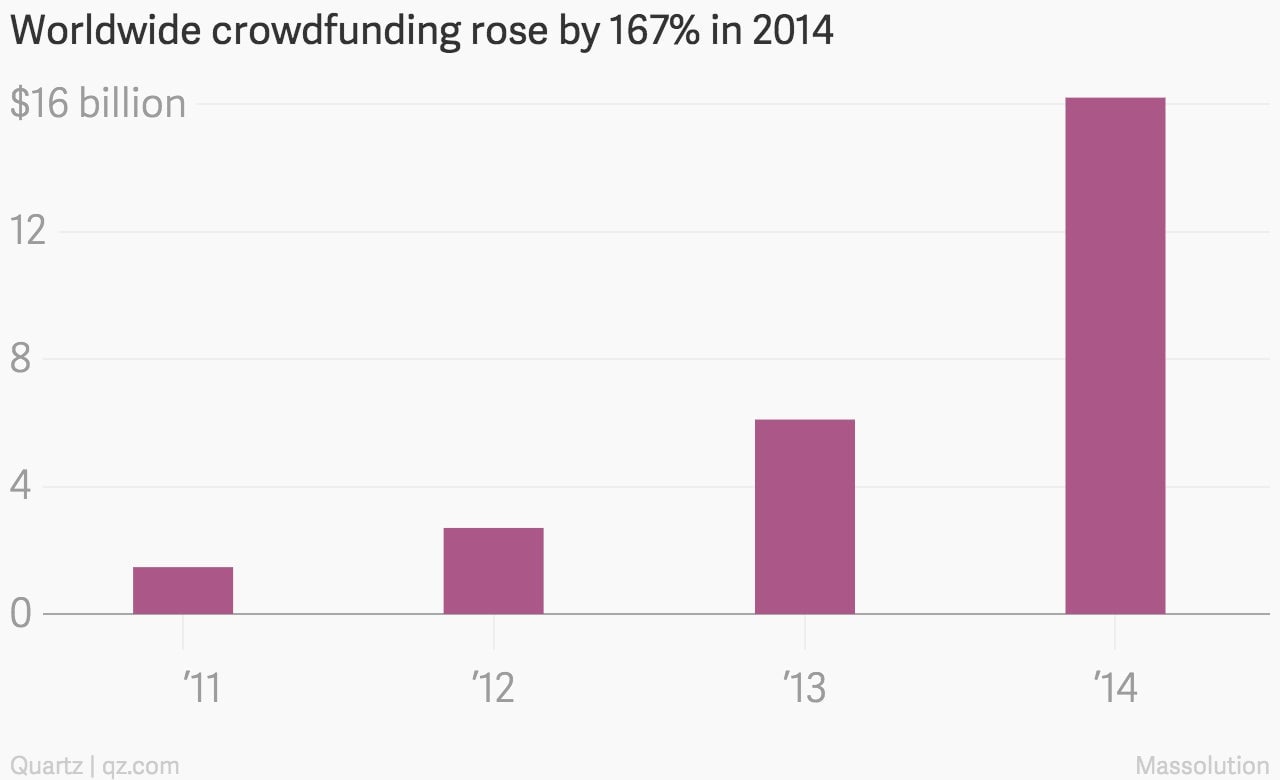Europe wants to impose a new tax on Kickstarter projects
The European Commission is weighing whether to impose a tax on crowdfunding websites like Kickstarter. The idea is that people who pledge, say, $100 to get a credit card-sized cell phone, would have to pay a value-added tax (VAT) on the products they eventually receive. It’s gaining traction as the distinction between a “reward,” “pledge,” “gift,” or “sale” is blurring more and more in the maturing marketplace.


The European Commission is weighing whether to impose a tax on crowdfunding websites like Kickstarter. The idea is that people who pledge, say, $100 to get a credit card-sized cell phone, would have to pay a value-added tax (VAT) on the products they eventually receive. It’s gaining traction as the distinction between a “reward,” “pledge,” “gift,” or “sale” is blurring more and more in the maturing marketplace.
Crowdfunding, which got its start by helping idealistic music and film aficionados pledge small amounts to help get passion projects off the ground, has morphed into a much more transactional mashup of commerce, finance, and investing.
Businesses are increasingly raising hundreds of thousands of dollars for projects, including mega hits like Oculus Rift (acquired by Facebook), and Pebble Watch, which has raised more than $30 million on various Kickstarter campaigns. Donors are sometimes rewarded with a gift or the ability, say, to buy the product they’re funding at a discount.
So, the European Commission’s thinking goes, why not tax crowdfunded pledges like any other commercial purchase? Its value added tax committee writes:
Given that reward-crowdfunding is a financing instrument mostly used by start-ups and small businesses or individuals getting going [on] a project, the question whether such starting entrepreneurs qualify as taxable persons even when no taxable output is yet realised, seems a timely one.
What’s more, crowdfunding is expanding quickly and is poised for more growth. Worldwide, sums raised through crowdfunding soared to $16.2 billion last year, offering fertile ground to generate much-needed money for EU countries.

Still, critics say the tax could stifle growth and deter startups from turning to crowdfunding websites to raise money for new and innovative projects.
If adopted, people raising money on Kickstarter and other crowdfunding platforms would have to charge up to 23% of the value (paywall) of any items sent to donors in taxes.
The decision of whether the reward is taxable rests on whether or not there is a legal relationship between the provider of the service and the recipient. And whether the rewards–which range from token t-shirts and keychains to hardware projects that run up to hundreds of dollars—constitute the same consumption the value-added tax was created to capture.
“Such a legal relationship and reciprocal performance seems to exist between the contributor and the entrepreneur, since the goods or services will only be supplied in exchange for the contribution to the project that is being funded,” according to the EU committee.